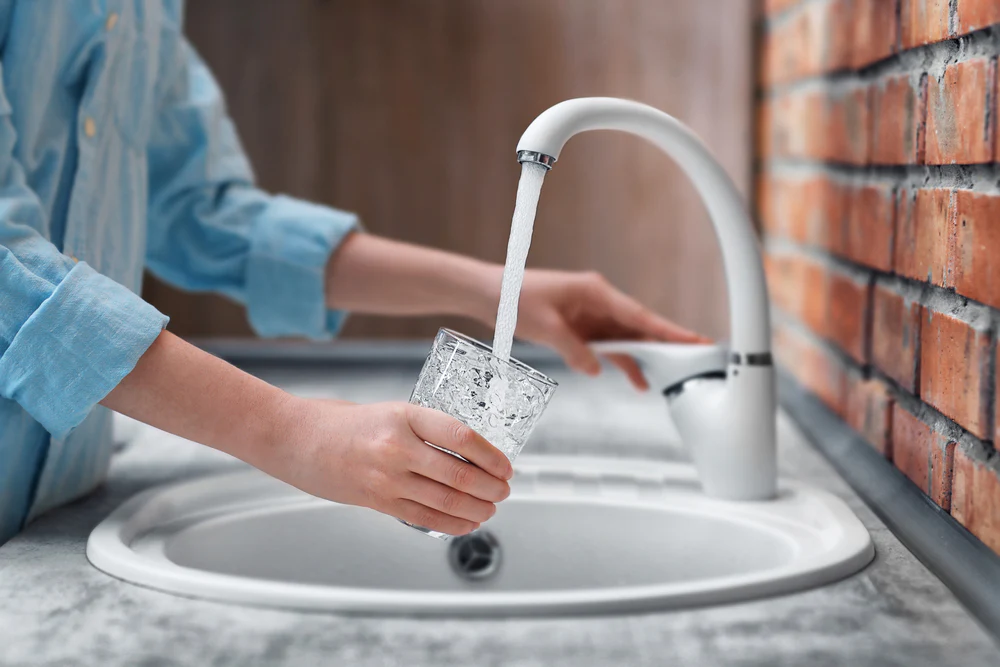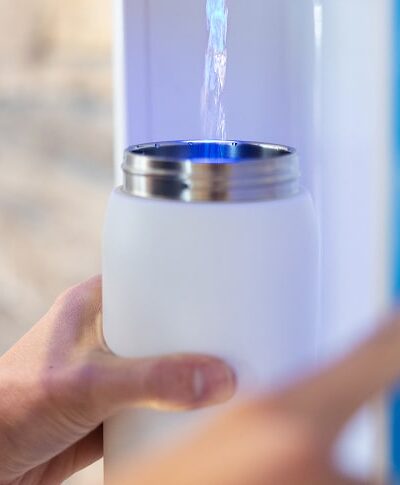Staying hydrated is essential for maintaining optimal health and well-being. Your body is made up of about 60% water, and every system depends on it to function correctly. Dehydration occurs when you lose more fluids than you take in, and it can lead to a range of health problems if not addressed promptly. Here are 10 signs that you may be dehydrated:
1. Thirst
Thirst is the most obvious and early sign of dehydration. When your body loses fluids, it signals your brain to make you feel thirsty. While this might seem like an obvious point, many people ignore their thirst until it becomes more severe. By the time you feel thirsty, you may already be slightly dehydrated.
2. Dry Mouth and Bad Breath
A dry mouth is another early sign of dehydration. When your body is low on fluids, it reduces saliva production. Saliva helps clean your mouth and remove particles that can cause bad breath. Without enough saliva, bacteria can thrive, leading to bad breath and a dry, sticky feeling in your mouth.
3. Dark Urine
The color of your urine is a strong indicator of your hydration levels. If you’re well-hydrated, your urine should be light yellow or straw-colored. Dark yellow or amber-colored urine often indicates that you need more fluids. The darker the urine, the more concentrated it is, which suggests that your body is conserving water.
4. Fatigue
Dehydration can make you feel unusually tired or fatigued. Water is crucial for energy production, and when you’re dehydrated, your body has to work harder to perform basic functions. This can lead to feelings of sluggishness and fatigue. In some cases, dehydration can even mimic the symptoms of low blood sugar. These symptoms of fatigue masking dehydration can be especially prevalent in schools, where students often neglect the importance of staying hydrated throughout the day.
5. Dizziness and Lightheadedness
When you’re dehydrated, your blood volume decreases, leading to a drop in blood pressure. This can cause dizziness, lightheadedness, or even fainting. These symptoms are particularly noticeable when you stand up quickly after sitting or lying down. If you experience these symptoms regularly, it could be a sign that you need to increase your fluid intake.

6. Dry Skin and Lack of Sweating
Your skin is your body’s largest organ, and it relies on water to stay healthy and supple. Dehydration can cause your skin to become dry, flaky, and less elastic. In more severe cases, you may stop sweating, even in hot conditions. Sweating is your body’s natural way of cooling down, and a lack of sweat can be a dangerous sign of severe dehydration.
7. Headaches
Dehydration can cause headaches or make existing headaches worse. This is because your body needs a certain amount of fluid to maintain proper function, and when you’re dehydrated, it can lead to a drop in brain fluid levels. Additionally, dehydration can cause blood vessels in the brain to dilate, leading to pain and discomfort.
8. Muscle Cramps
Water helps regulate your body’s electrolyte balance, which is crucial for muscle function. Dehydration can lead to an imbalance of electrolytes, such as sodium and potassium, causing muscle cramps or spasms. This is especially common during or after intense physical activity, when your body loses a lot of fluids through sweat. Athletes and exercise enthusiasts need to take extra care to hydrate throughout the day and during physical activity.
9. Hunger Pangs
Sometimes, what you perceive as hunger might actually be a sign of dehydration. The hypothalamus, the part of the brain that regulates hunger and thirst, can occasionally mix up signals, causing you to feel hungry when you’re really just thirsty. This is particularly common if you’ve recently eaten and suddenly feel the urge to snack. If you notice frequent or sudden hunger pangs, especially after meals, try drinking a glass of water before reaching for food. You might find that your “hunger” subsides, which is a good indicator that your body was craving hydration, not food.
10. Rapid Heartbeat and Breathing
When you’re dehydrated, your blood volume decreases, which means your heart has to work harder to pump blood throughout your body. This can lead to a rapid heartbeat and breathing. If you notice your heart racing or you’re breathing faster than usual without exertion, it could be a sign that your body is trying to compensate for a lack of fluids.
Conclusion
Dehydration can affect every system in your body, and the signs can range from mild to severe. It’s important to listen to your body and take action at the first signs of dehydration. Drinking plenty of water throughout the day, especially in hot weather or during physical activity, is key to maintaining good health. At FloWater, we’re committed to providing advanced hydration with the world’s best tasting water.
Sources:
- Mayo Clinic Staff. (2022). Dehydration. Mayo Clinic. Retrieved from Mayo Clinic
- National Institutes of Health. (2021). Symptoms of Dehydration. National Institute on Aging. Retrieved from NIH
- Harvard T.H. Chan School of Public Health. (2020). Hydration. Retrieved from Harvard Health
- Cleveland Clinic. (2023). Dehydration Symptoms & Causes. Retrieved from Cleveland Clinic




